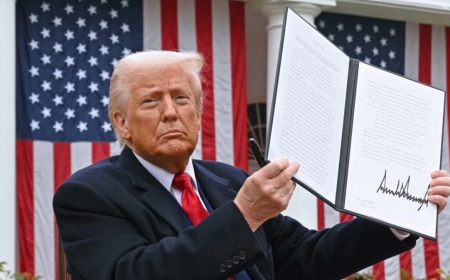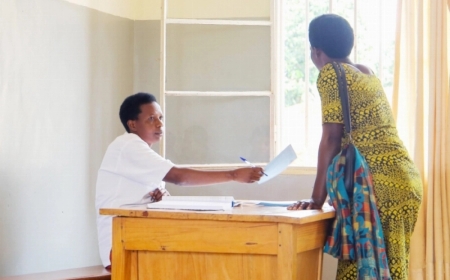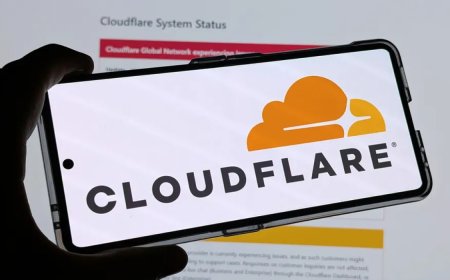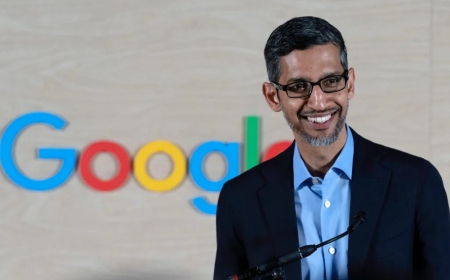U.S. House officially BANS WhatsApp from lawmaker's phones.
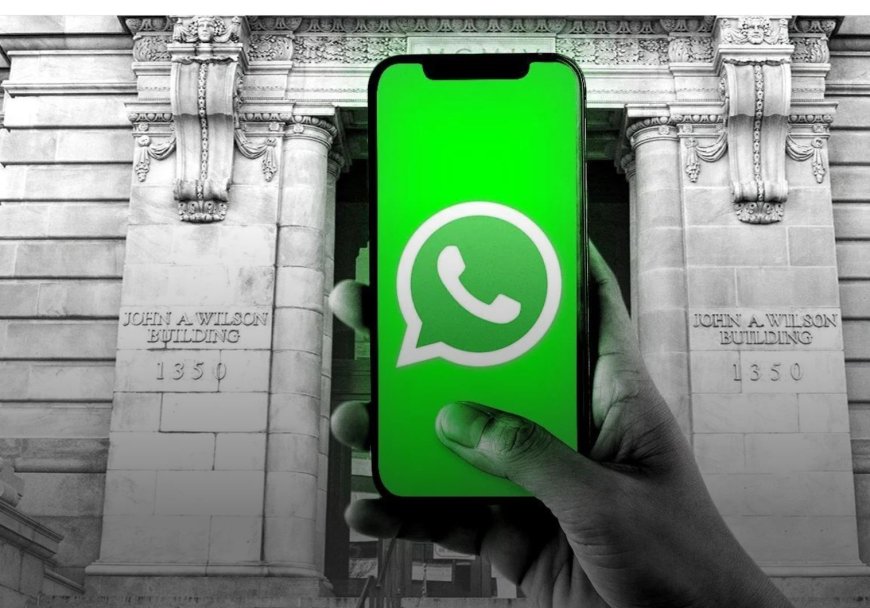
The U.S. House of Representatives has officially banned the use of WhatsApp on government-managed devices, citing serious cybersecurity concerns.
The decision, issued by the House’s Chief Administrative Officer (CAO), underscores growing concerns about data protection in congressional operations. The ban specifically targets the messaging app’s lack of transparency in data protection practices, its failure to encrypt stored data, and the general security risks posed by its use.
“The Office of Cybersecurity has deemed WhatsApp a high-risk to users due to the lack of transparency in how it protects user data, absence of stored data encryption, and potential security risks involved with its use,” the CAO wrote in an internal email obtained by Axios.
Effective immediately, House staffers are prohibited from downloading, maintaining, or accessing WhatsApp on any House-managed device—including mobile phones, desktops, or even via web browsers. The email also indicated that staffers with the app already installed will be contacted for removal.
This latest move is part of a broader effort by the CAO to regulate technology use within the House. In recent years, the office has imposed partial or full bans on several platforms, including DeepSeek, apps owned by ByteDance, and Microsoft Copilot. The use of AI tools has also come under scrutiny. While ChatGPT is not entirely banned, congressional offices are only permitted to use the paid version, ChatGPT Plus, under strict guidelines.
For secure communication, the CAO recommended alternatives such as Microsoft Teams, Wickr, Signal, iMessage, and FaceTime. Additionally, the office warned staffers to remain alert to phishing attempts and unsolicited messages from unknown numbers.

